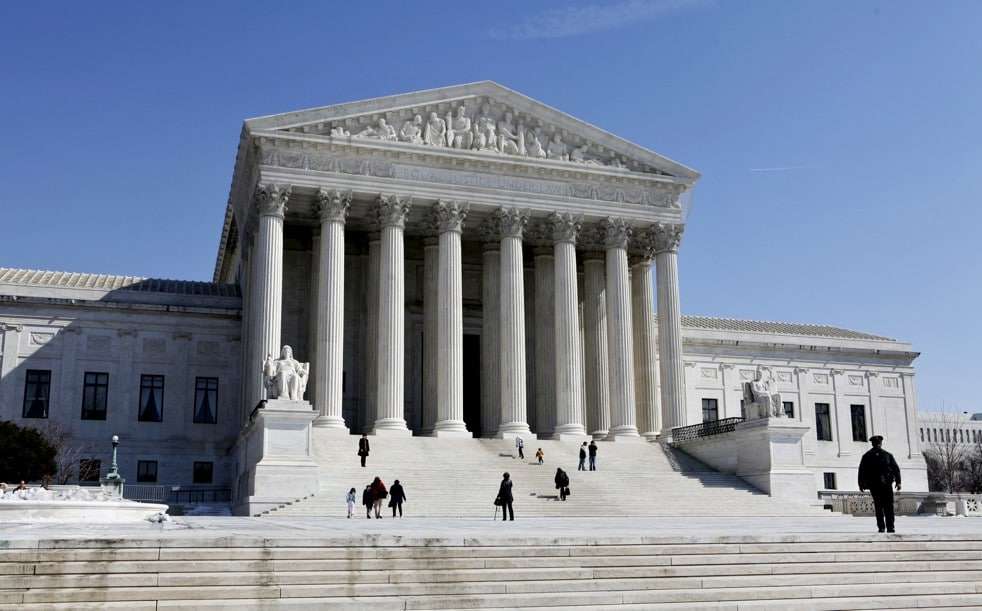The Volokh Conspiracy
Mostly law professors | Sometimes contrarian | Often libertarian | Always independent
Reason.com interview on the due process right to earn a living

Reason's Hit & Run blog interviewed me about my article recently published in the Yale Law Journal Forum, "The Due Process Right to Pursue a Lawful Occupation: A Brighter Future Ahead?"
Here's an excerpt:
Reason: You write that judicial support for the right to pursue an occupation has come historically from the right, but it might find more fertile ground with liberal/progressive justices in the near future. Why is that?
Bernstein: Historically, before the New Deal, the right to pursue an occupation was protected under the Fourteenth Amendment's Due Process Clause. Conservative judges have largely disavowed protecting any rights not specifically mentioned in the Constitution under that clause, for fear of legitimizing a series of liberal "activist" opinions under that clause.
Most notably, conservative don't want to lend any credence to Roe v. Wade, which found a very robust right to abortion under the Due Process Clause, sufficient to overcome the laws of all fifty states and give the U.S. what at the time was the most liberal abortion regime in the world.
Liberals, meanwhile, typically think courts should stay out of controversies over economic regulation. But the right to pursue an occupation could easily be recharacterized as a non-economic right. As one legal scholar has noted, "the choice of occupations reflects and affects "personal capacities, values, style of life, social status, and general life prospects in innumerable ways," and is a vital form of self-expression." The right to pursue an occupation can therefore be reconceptualized by progressives as a personal autonomy right rather than as an economic right.
Since the paper was published and the interview conducted, an audience member at a talk I gave to the Federalist Society Montgomery Lawyers Chapter asked me a provocative question, along these lines: Wouldn't liberal judges be hesitant to conceptualize the right to pursue an occupation as an important non-economic right involving self-expression? After all, that could undermine the progressive strategy in the cases involving bakers, florists, etc., compelled to service same-sex weddings of arguing that the owners are "merely" businesspeople whose businesses are open to the public, who have no private interest in being permitted to discriminate based on their religious beliefs. If instead one's occupation is considered a "vital form of self-expression," wouldn't liberals worry that this would harm the progressive side of the religious freedom cases?
I admittedly hadn't considered this view before, but I think the questioner makes a good point. Liberal judges may in fact be much more reluctant than I anticipated to characterize the right to pursue an occupation as a non-economic right in licensing cases for fear of how that would affect other litigation.


Show Comments (0)